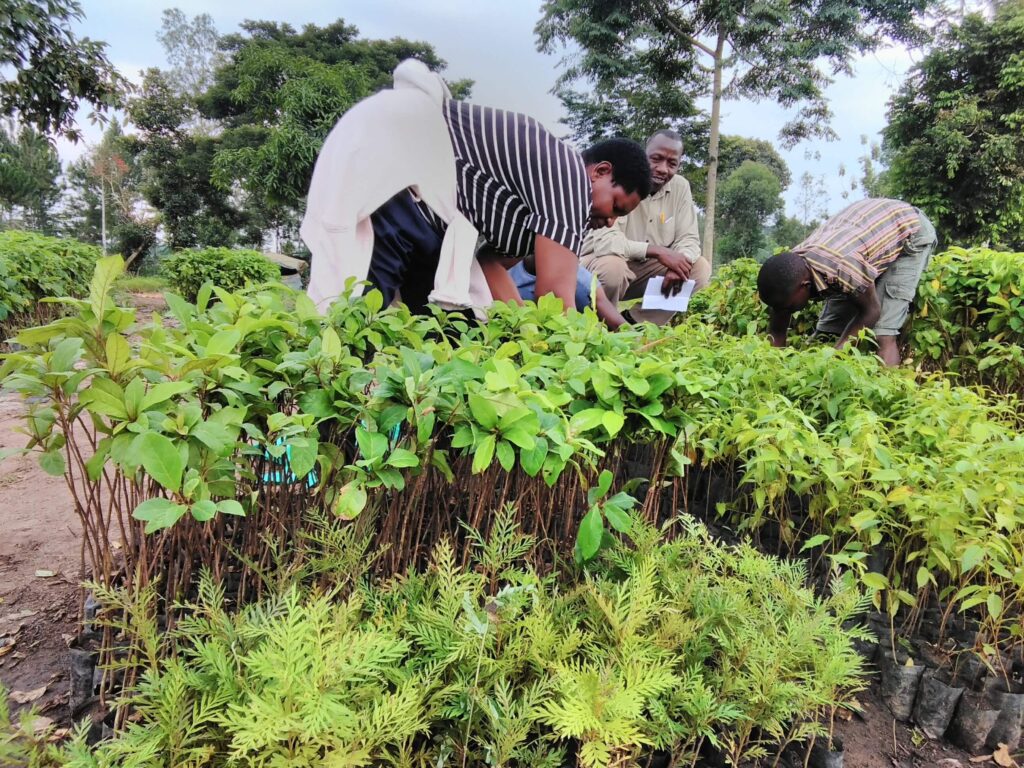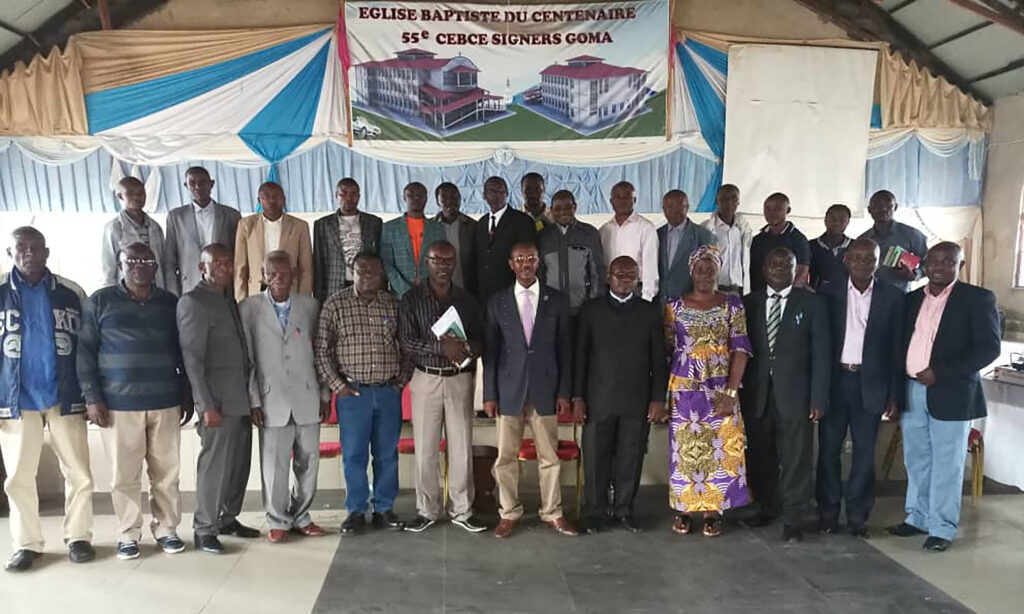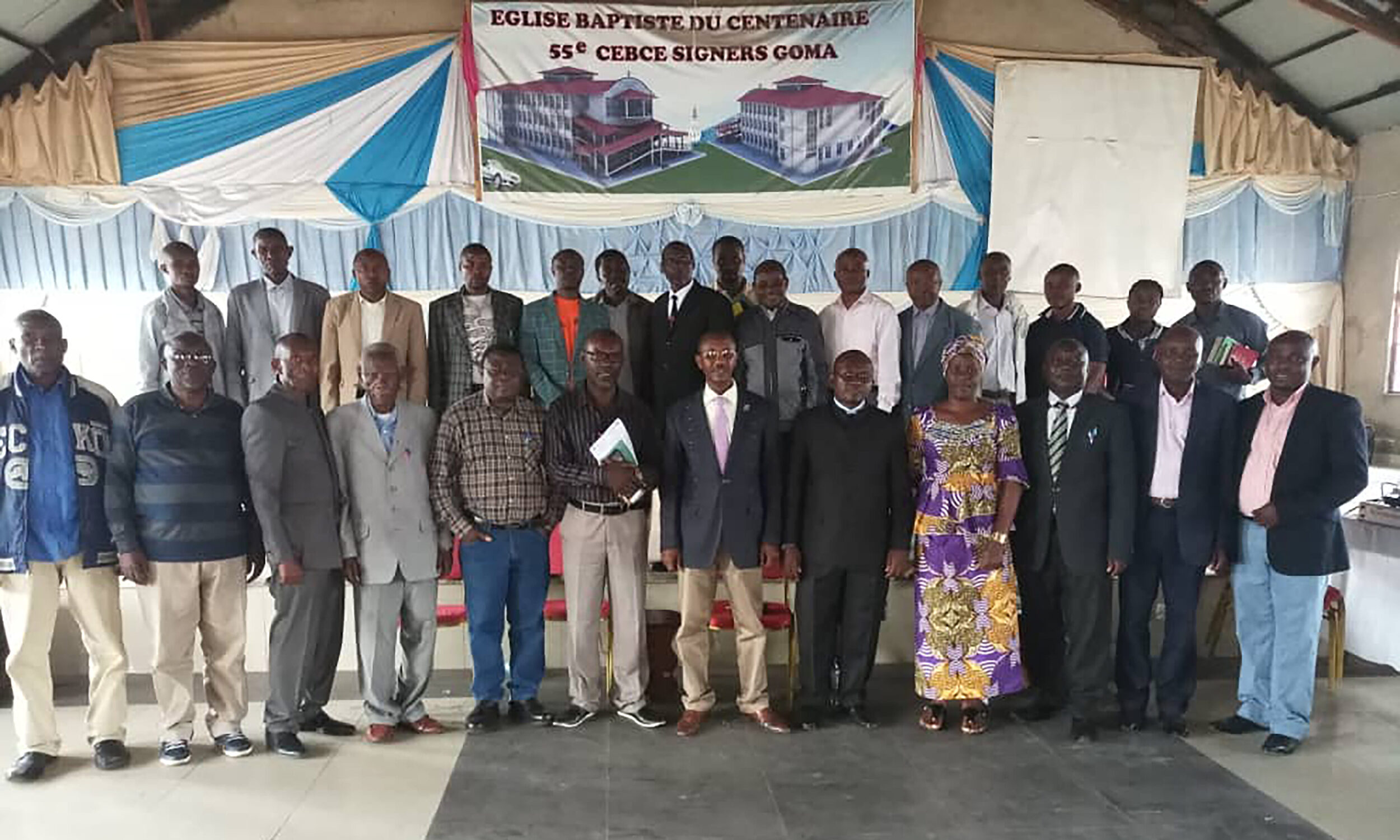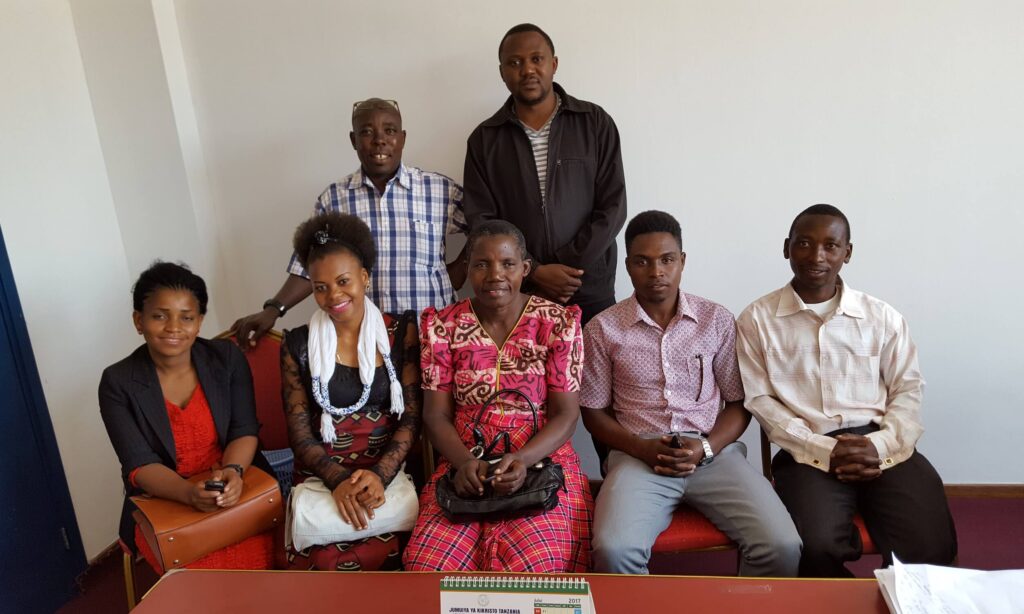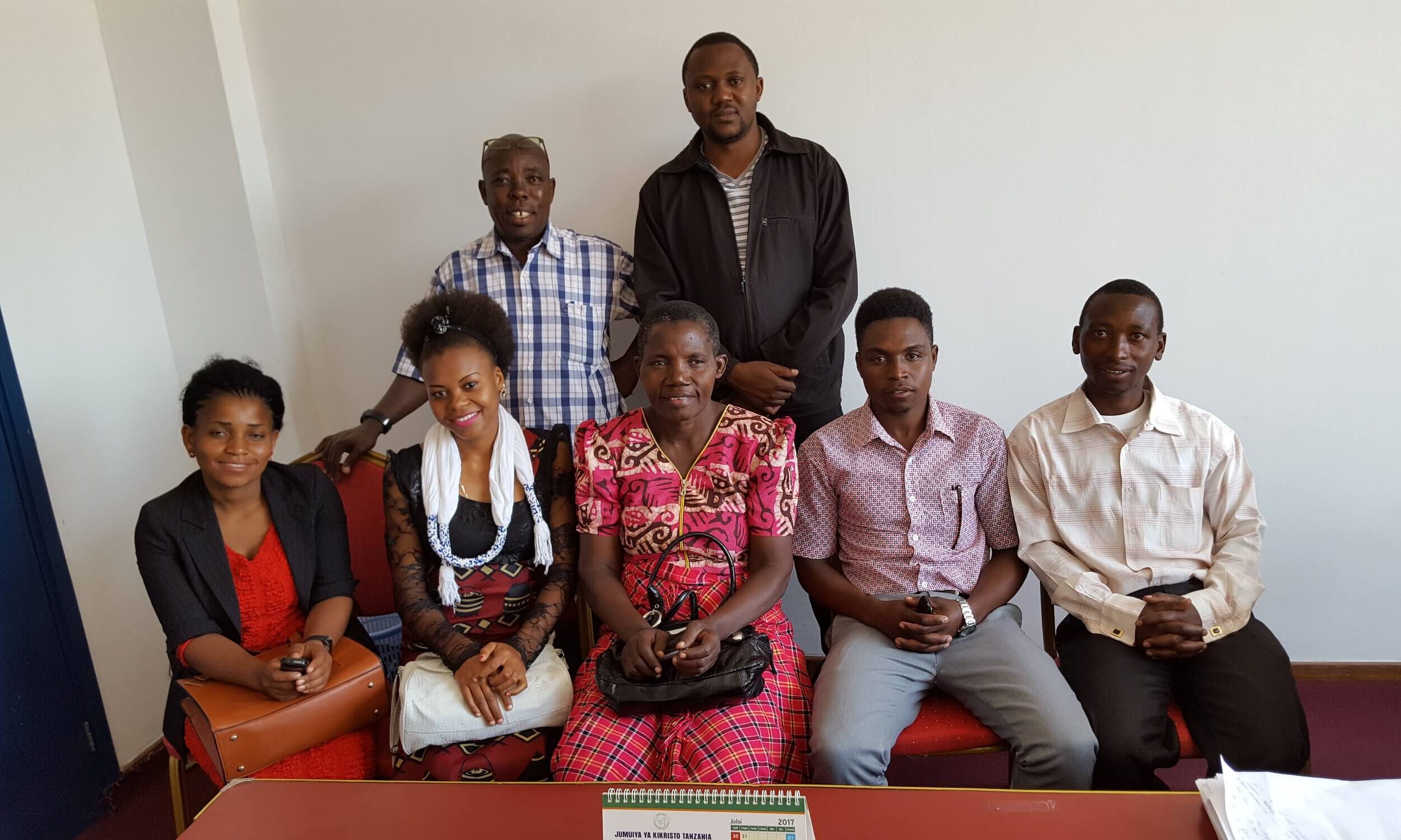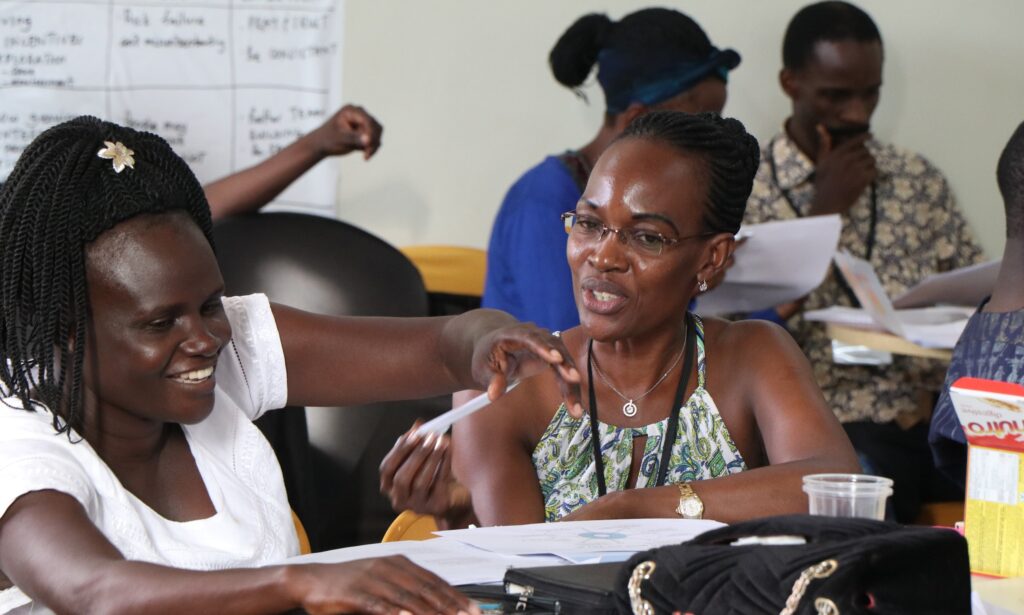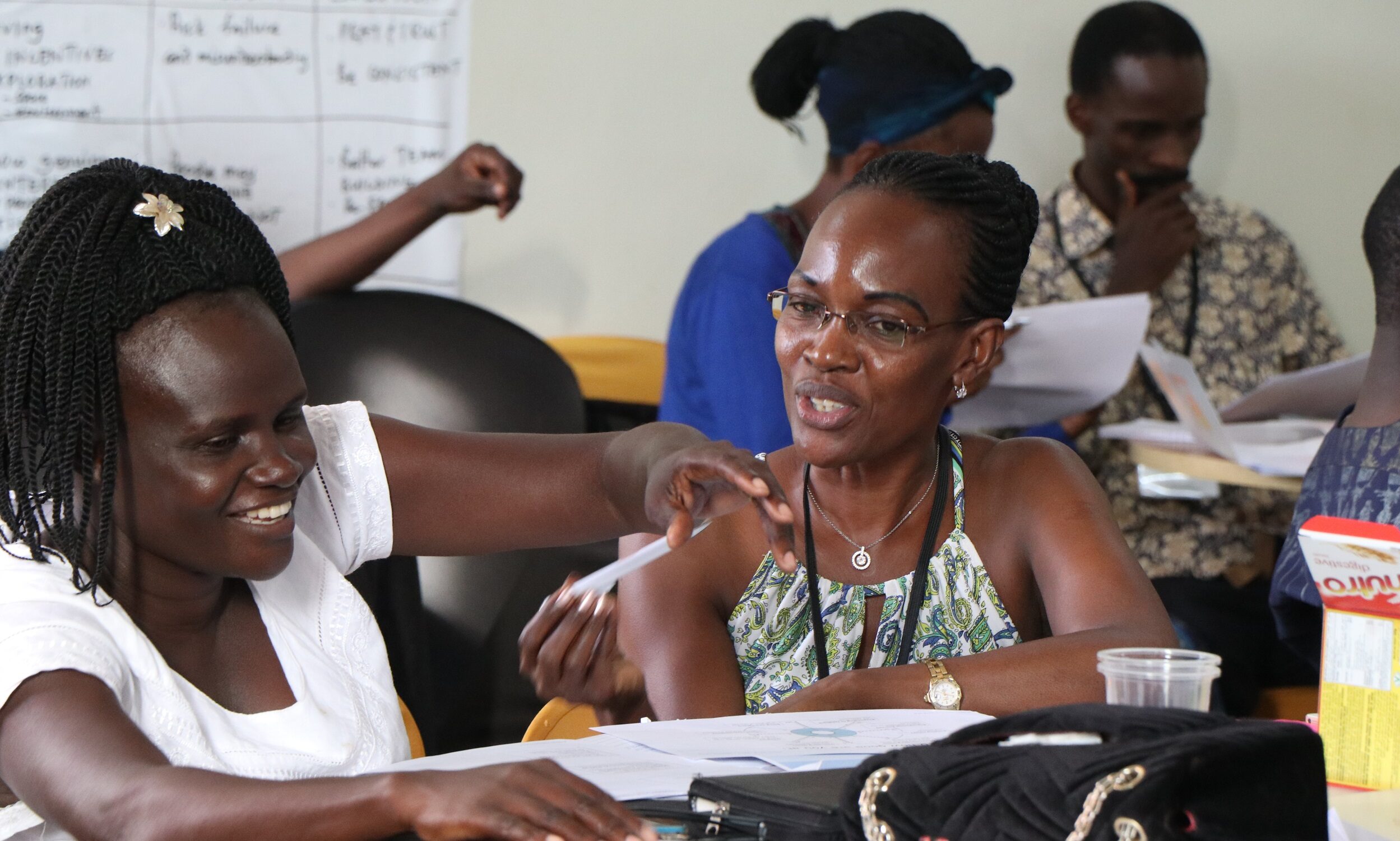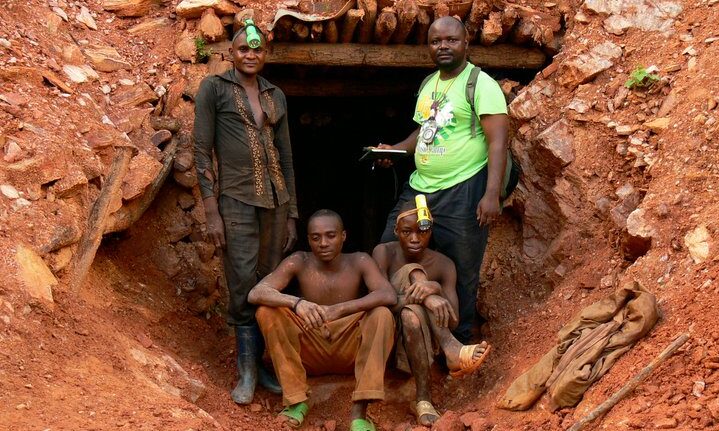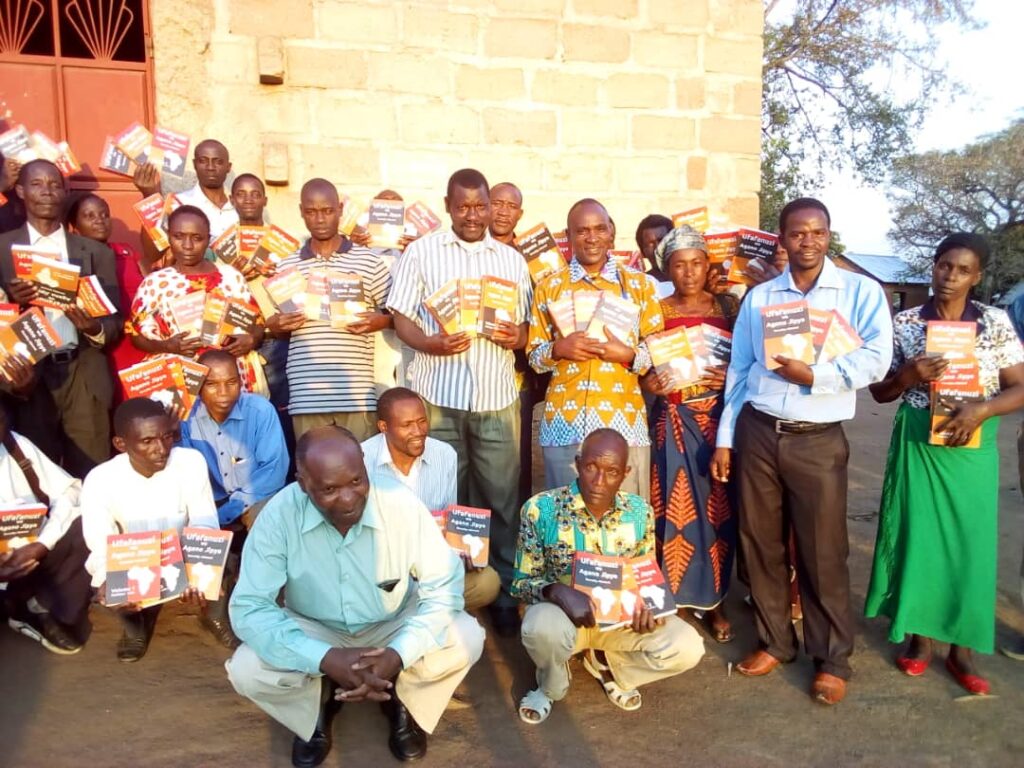
The Akan people of Ghana have a saying: “Se wo were fi na wosankofa a yenkyi.” Roughly translated it means, “It is not taboo to go back and fetch what you forgot.” From the proverb comes the word ‘Sankofa’, which means, “Go back and get it.” The symbol of Sankofa is a bird moving forward but with its head turned backwards, in effect going forward while remaining conscious of the past and the wisdom contained there.
At APF, we have had a sense of the importance of moving forward but looking back for some time. Our friend and partner Rev Dr Kate Coleman put it to us like this: “When you get on the train, choose the seat facing backwards.” Move forward but remain conscious of where you’ve come from.
So, while eVitabu, Jubilee Trees, Growing Greener, solar energy projects, locally-led pastor training in-service workshops and many other new and exciting initiatives absorb much of our time, we’ve also been keen not to forget good things from APF’s past. To go back and fetch what we forgot.
For example, our Tanzanian friends and partners have been asking for a reprint of our New Testament Bible Commentary sets ‘Ufafanuzi Wa Agano Jipya’ for some time. Written in the 1990s by Sister Dorothy Almond, a Church Army Tanzania missionary from Yorkshire, Ufafanuzi Wa Agano Jipya remains to our knowledge the only complete New Testament Bible commentary written in Swahili, not a translation into Swahili. With its clear language and simple explanations, demand remains high amongst poorly trained rural pastors who rarely have access to any other books beside a Bible.
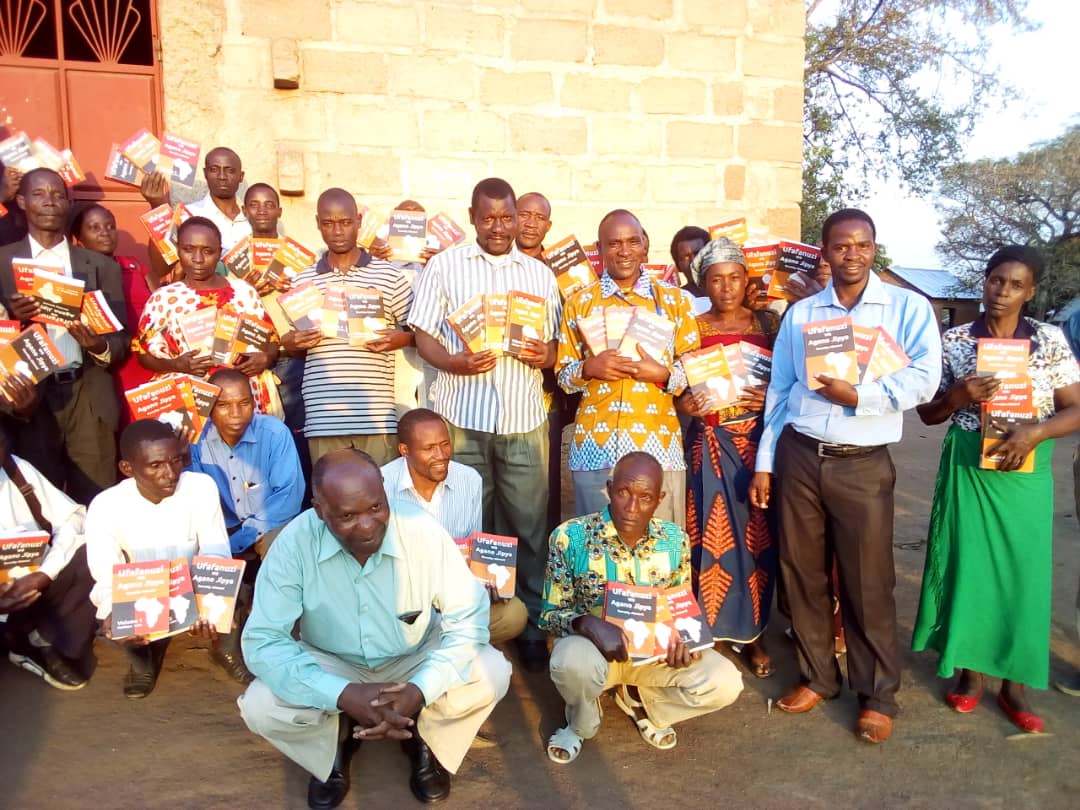
It has taken us a while to get it right but at last, three thousand copies recently landed at the port in Dar es Salaam, Tanzania from printers in India. APF partners in Tanzania including Heavenlight Luoga (Karagwe), Amos Nkini (Arusha), Timothy Saulo (Mwanza) and Emanuel Mhina (Morogoro) have been busy distributing hundreds of copies to rural church leaders across their regions.
Another 500 sets are available from the shelves of SomaBiblia Christian bookshops across Tanzania where they are selling at heavily subsidised prices to ensure they remain affordable to pastors.
We are deeply indebted to our generous donors in the UK and our committed partners in Tanzania whose support have made the reprint of Ufafanuzi Wa Agano Jipya possible. Asante Sana!
Please pray
For Heavenlight, Amos, Timothy and Heavenlight as they distribute commentary sets at training workshops and through local bookstores.
That the faith of rural pastors using Ufafanuzi wa Agano Jipya would be enriched and their ministries strengthened.
For other APF literature projects such as the distribution of local language Bibles funded by OM Special Projects.
For growing links with African theological seminaries, especially connections with the Network of African Congregational Theology (NetACT).

